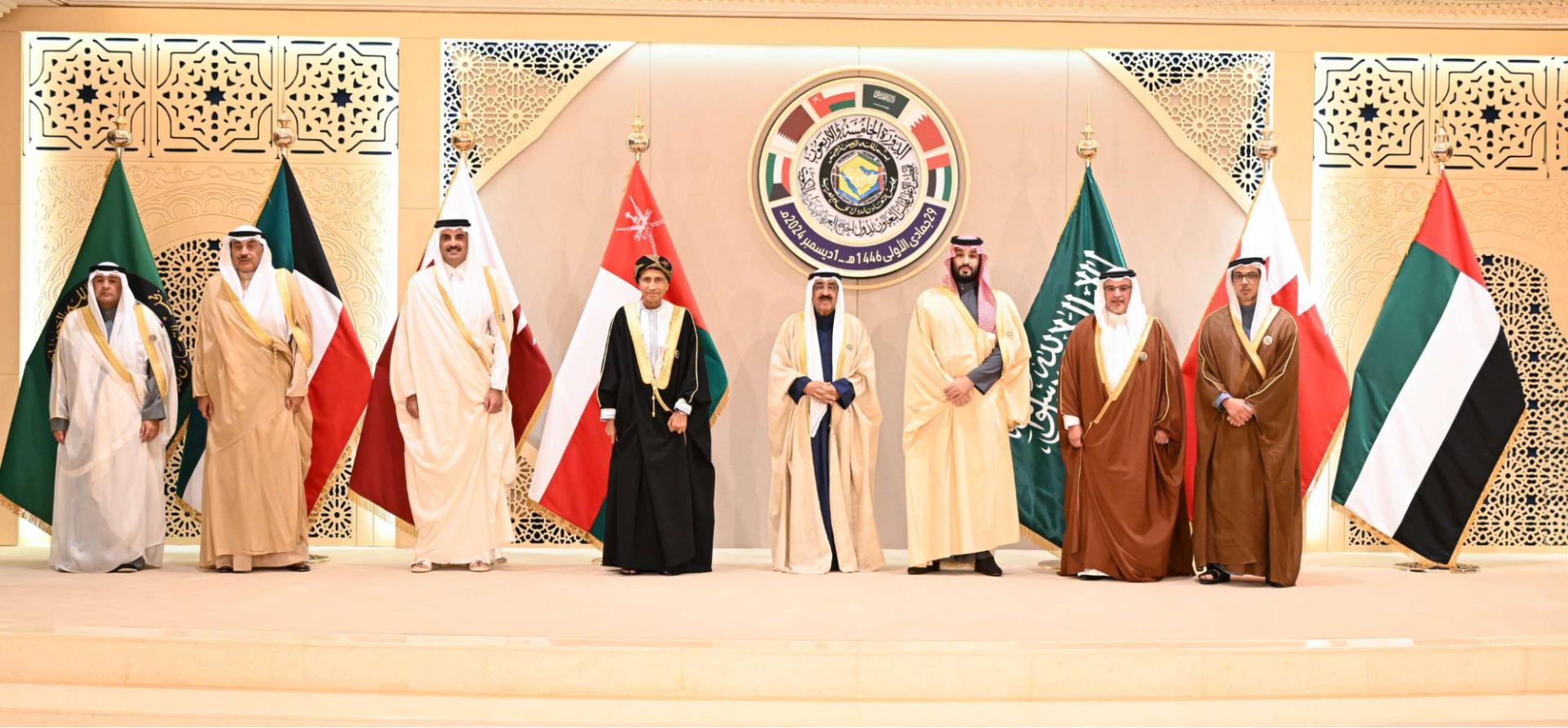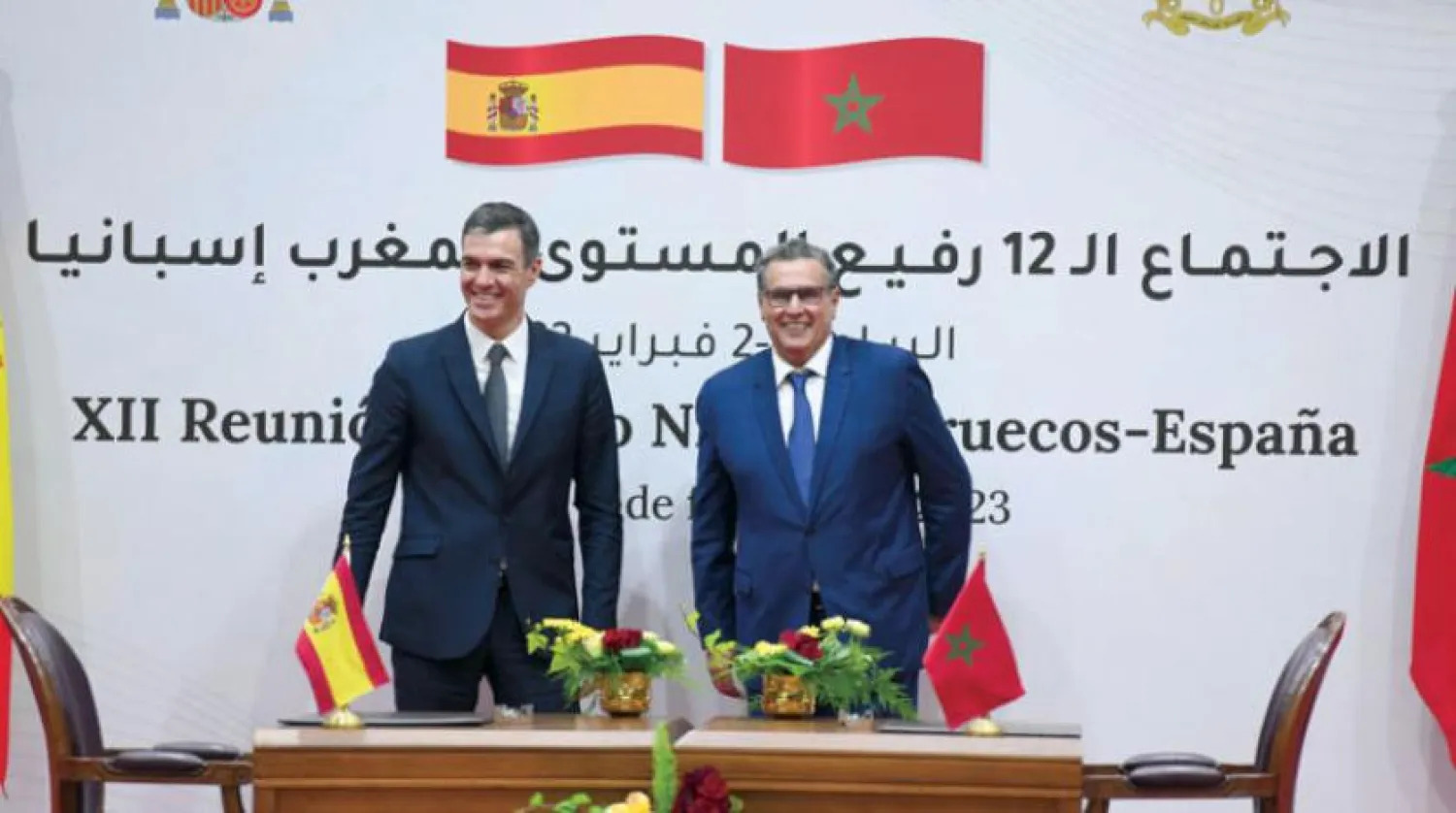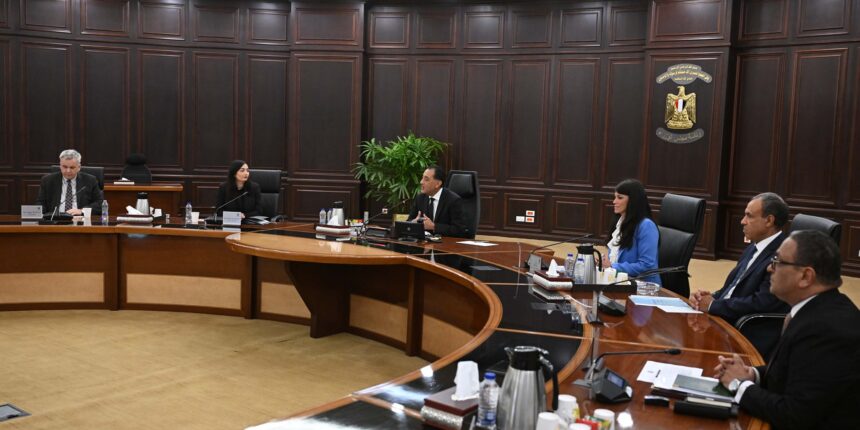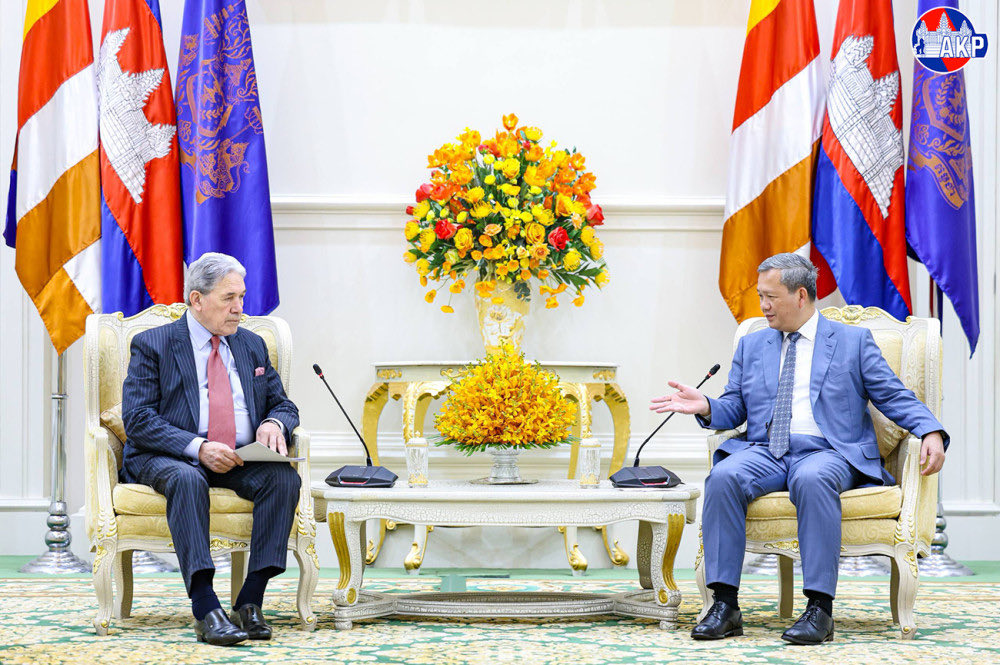Since taking up his post as Costa Rica’s Ambassador to Qatar, Juan Carlos Esquivel Favareto has sought to position his country as a bridge for dialogue, sustainability, and cultural understanding between Latin America and the Gulf. In an in-depth conversation with the Georgetown Journal of International Affairs, Ambassador Esquivel outlined Costa Rica’s priorities in the region and reflected on the broader challenges of diplomacy in a changing world order.
Costa Rica and Qatar formally established diplomatic ties in 2010, and the relationship has deepened through high-level visits and a growing number of agreements. The Ambassador pointed to accords covering health, sport, cultural exchange, trade, and diplomatic training, with a pending agreement on tourism expected to open new doors. He noted that with Qatar Airways’ expansion into Latin America, travel between the two countries will become easier, encouraging Qataris to experience Costa Rica’s “Pura Vida” lifestyle and inviting Latin Americans to discover Qatar. “Our focus is on bilateral cooperation, investment, education, and cultural exchange,” Esquivel said. “These align not only with our national strategy but also with global development goals and the commitments agreed during the Emir’s visit to Costa Rica in late 2024.”
With Costa Rica a pioneer in green energy and ecotourism, and Qatar advancing its National Vision 2030 with a focus on sustainability, the Ambassador sees fertile ground for joint initiatives. “We are already working on a common sustainability agenda for the future,” he explained. “Qatar’s advantage is its sun; ours is water. Both resources can drive renewable energy solutions.” He also highlighted the potential for collaboration in climate resilience, water security, and reforestation. Citing Costa Rica’s co-hosting of the UN Ocean Conference with France earlier this year, Esquivel stressed the importance of protecting marine resources and fostering responsible use of oceans, on which both Gulf and Latin American economies rely.
Reflecting on shifting geopolitics, Esquivel argued that smaller nations such as Costa Rica and Qatar have much to gain from the rise of South-South cooperation and multipolarity. He emphasised the importance of cybersecurity, digital sovereignty, and regional training programmes to meet the challenges of the digital era. “Qatar is very advanced in technology,” he said. “Latin America can benefit enormously from sharing knowledge in cybersecurity and digital innovation.” He also envisaged a greater role for Qatar in Latin America’s development, citing opportunities in education, infrastructure, and humanitarian initiatives, particularly in supporting women and children affected by migration.
Costa Rica has long been a transit point for migrants moving north through Central America, creating humanitarian pressures at its borders. Ambassador Esquivel underscored the importance of international partnerships, including with Qatar, to assist vulnerable families. He revealed that both countries are presenting a joint project at the UN Human Rights Council to safeguard the rights of women and children in conflict situations. “This is about ensuring justice, remedies, and reparation,” he said. “Both of our nations are committed to advancing this cause.” Costa Rica’s unique identity as a nation without an army continues to shape its global role. The Ambassador highlighted his country’s longstanding advocacy for peace and human rights, particularly in the Middle East. “War has never solved problems,” he said. “The world should choose dialogue over arms. Talking is the only real path to solutions.”
Perhaps most striking was Esquivel’s reflection on Costa Rica’s “Pura Vida” philosophy and its place in international relations. “Pura Vida is about simplicity, optimism, and respect,” he said. “It guides our diplomacy, our environmental policies, and our commitment to human rights. If more nations embraced this approach, we would see more cooperation and less conflict.” The Ambassador suggested that this mindset, combined with Costa Rica’s reputation as a democratic, peaceful, and environmentally conscious nation, enables it to “punch above its weight” on the global stage. “The world is changing, and smaller countries must adapt,” he concluded. “But if we do so with peace, sustainability, and humanity at the centre, then we all stand to benefit.”









